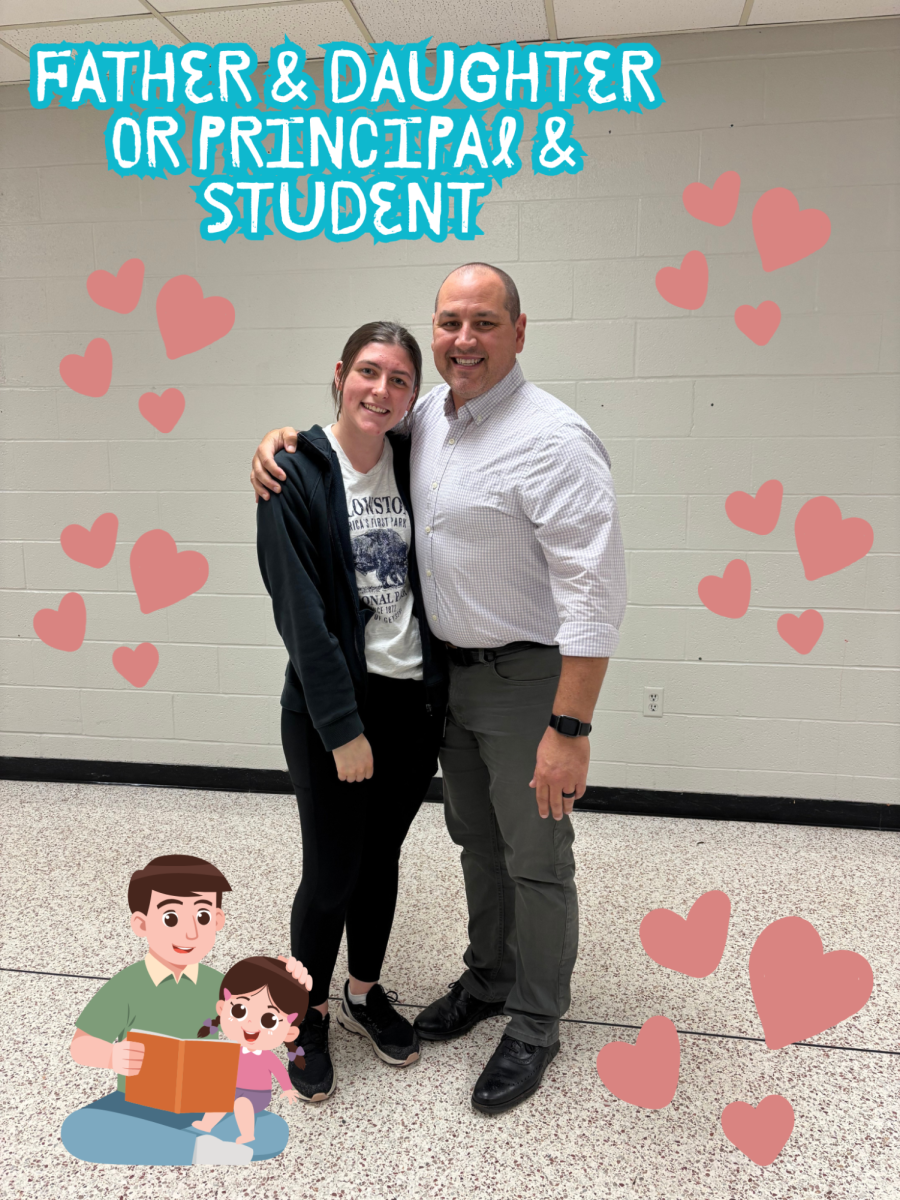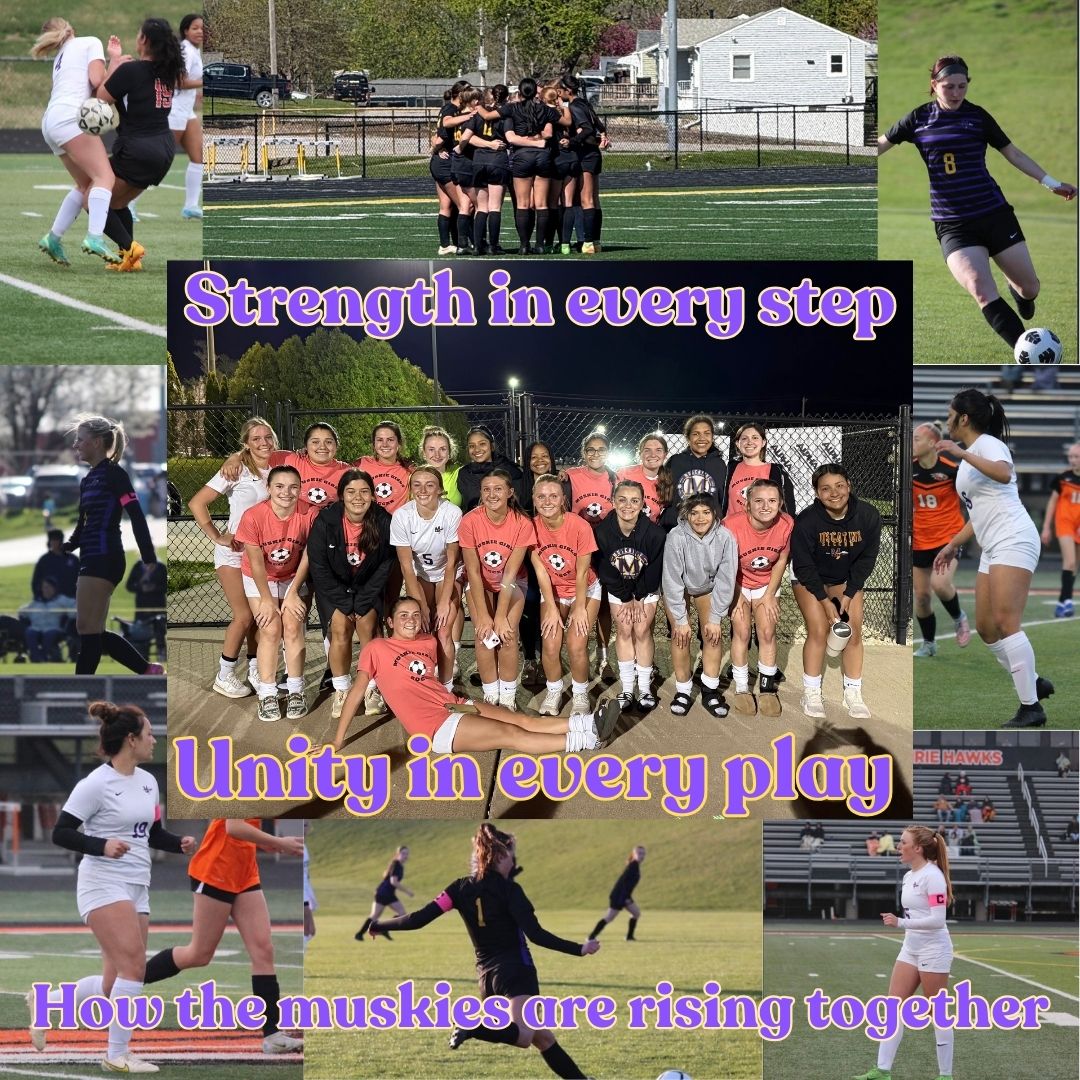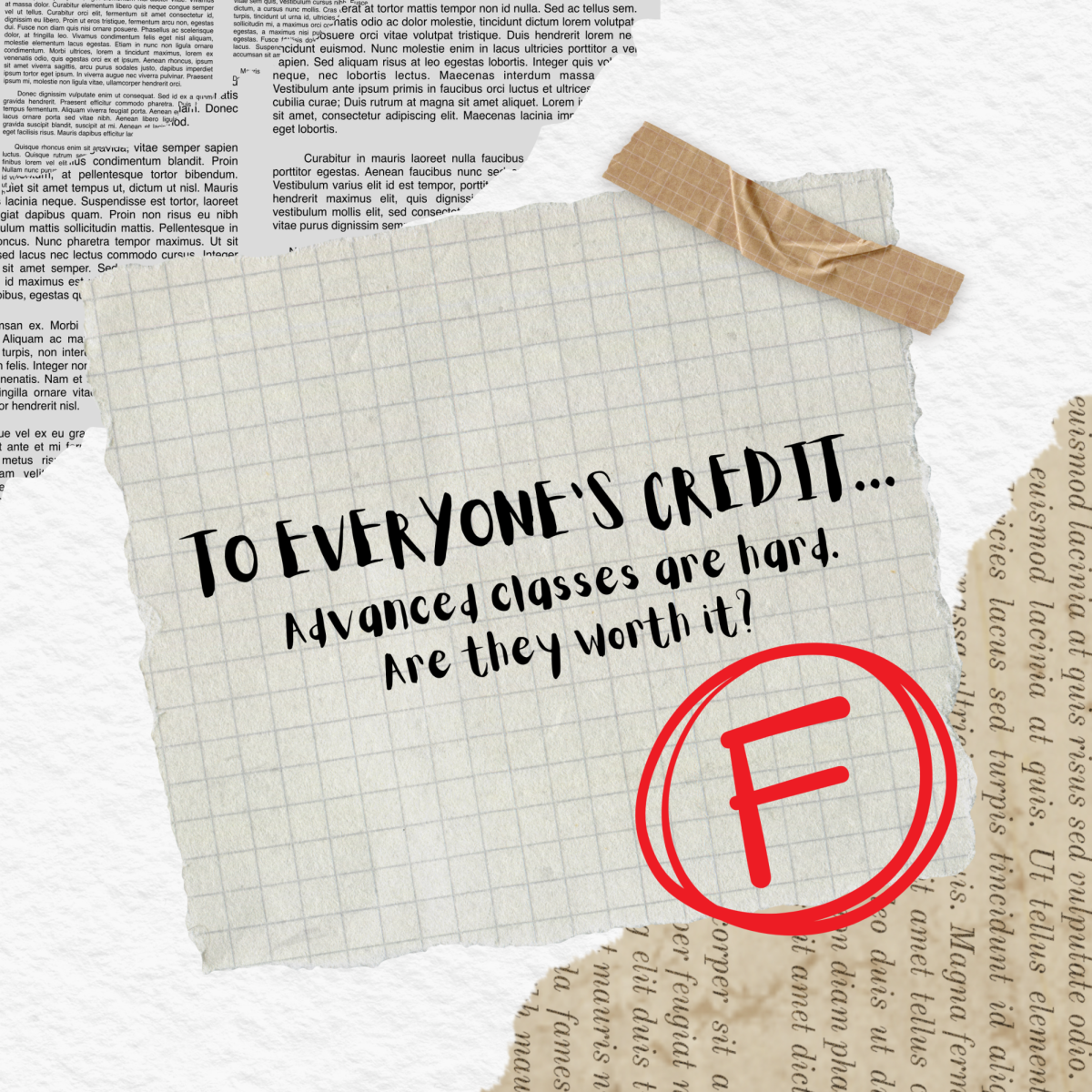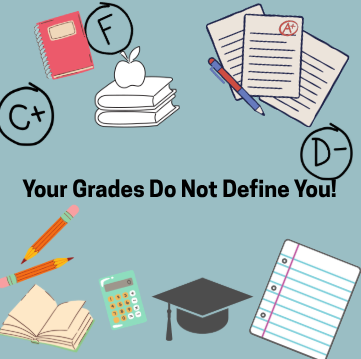A letter on a report card can’t measure your curiosity, creativity, and certainly doesn’t determine your future. Everyone has been disappointed by a grade that has led to devastation. I hope this story brings you some ease and lessens the weight on your shoulders.
“Any form of evaluation that focuses only on one aspect of intelligence would paint an incomplete picture of a student’s abilities,” said Aastha Gupta, a journalism reporter.
Grades aren’t something that defines how knowledgeable a person may be. It is barely half of what students are capable of. Bad grades are not an automatic defeat, but they are a starting point for how skilled you can be.
“Schoolwork is mostly based on memorization skills; most students don’t even know the meaning of what they memorized before. The ability to remember a specific concept does not accurately gauge comprehension skills or understanding of something,” said Ashlynn Roberts, a journalism reporter.
It is more than a handful to do everything we are expected to do at school, and memorize what we learn. Most tests on which I received an A were primarily about recalling what my teachers said in their lectures. We are all different and absorb information in different ways.
Students are generally taught the same material at school and in the same ways at one time. The issue is that not all students retain and consume information in the same way. Traditionally, there are three types of learners, visual, auditory, and kinesthetic.
“Basic schoolwork does not allow students to learn easily and comfortably. For example, a smart student who does not like presenting to a class will not do as good as the loud student who doesn’t care what anyone thinks. To effectively measure a student’s intelligence, they must be allowed to learn how they feel most comfortable,” said Ashlynn Roberts. 
I am more of a slow and visual learner. I have a hard time picking up what we learned in class unless we spend a few days on that assignment. After every test, all of the information I “learned” vanishes. It has even let me feel discouraged and let down. This has been the case for a lot of students as well.
“Intelligence encompasses creativity, problem-solving, and practical skills, which need to be fully reflected in traditional grading methods. A person’s ability to think outside the box, innovate, and apply knowledge in real-world scenarios can’t be easily measured by a letter grade,” said Ahsan Mangal, a journalism reporter.
Having good grades can measure your intelligence in that specific criterion, but not everyone is good at math or science. Not having good grades in those subjects doesn’t mean there isn’t something else you can be excellent at. Everyone is their own person, and it is what makes us all unique and special in our own ways. 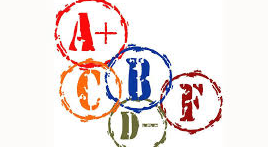
“Emotional intelligence, or the talent to understand and manage emotions, is a crucial aspect of intelligence that grading systems overlook. Empathy, self-awareness, and social skills are as vital in navigating challenges as academic knowledge,” said Ahsan Mangal.
I believe emotional intelligence is far more important than academic knowledge. It is something you use in every moment of your life. It helps in every single interaction you make with everyone. Knowing that your words affect others means so much more than a letter on PowerSchool. This affects relationships with friends, partners, and your teachers. That gets you farther in life than grades. Stop focusing on how well you know the quadratic formula and focus on how you can make the world a better place.
“No one cares how much you know, until they know how much you care.” –Damien Echols



